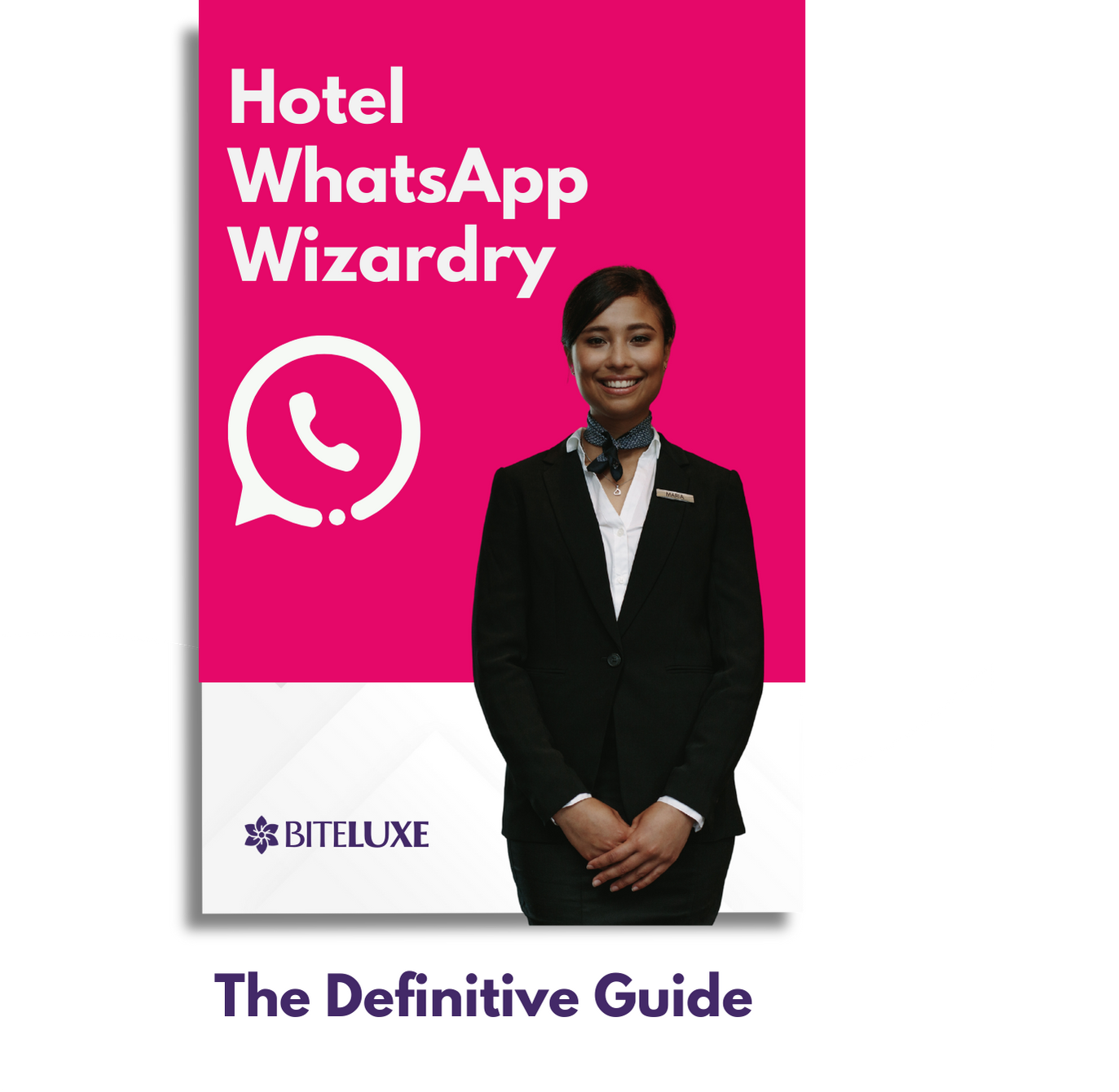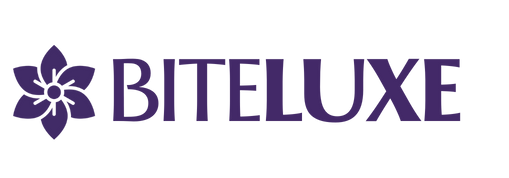The Biteluxe Blog
Bites of wisdom focussed on improving the guest experience and generally making your guests happier.
The Biteluxe Blog
Bites of wisdom focused on improving the guest experience and generally making your guests happier

The Psychology Behind Guest Messaging That Converts
In the hospitality world, guest experience is everything. But while most hotels focus on welcome drinks, crisp linen and the perfect breakfast buffet, many overlook a quieter opportunity: the power of well-timed, well-crafted guest messaging.
At Biteluxe, we’ve found that the difference between a message that gets ignored and one that drives action often comes down to psychology. Understanding the way guests think, feel and behave unlocks real revenue opportunities without sounding pushy or robotic.
Here’s how it works.
1. Timing Is a Trigger
Guests are most receptive to messages when their emotional state aligns with your offer. A dinner invite at 11am might get ignored. That same invite sent at 4:45pm, just as hunger creeps in, can spark action.
This is called contextual relevance. People are more likely to respond when the message fits their moment. Our highest-converting messages often align with key emotional states:
Arrival: Relief, curiosity and excitement
Mid-stay afternoon: Relaxed and open to spontaneous plans
Pre-checkout: Reflective and often open to extending the experience
By matching the message to the mood, you’re not just communicating. You’re connecting.
2. The Power of Social Proof
Humans are wired to follow the crowd, especially in unfamiliar settings. That’s why messages with subtle social proof, such as “Guests are loving tonight’s terrace BBQ”, outperform plain invitations.
This taps into herd behaviour. It reassures guests they’re making a good choice. Just one sentence hinting that others are enjoying the experience can significantly improve conversions.
Other ways to build social proof into messages include:
“Last night’s cocktail hour was a full house”
“Just 3 spa slots left today”
“Most guests dine in on their second night”3. Clarity Beats Cleverness
Hotels often try to be witty or poetic in guest communications. But when it comes to conversion, clarity always wins. Your guest is relaxed, possibly distracted, and not in reading mode.
Messages that convert well tend to do three things:
Start with a clear benefit: “Unlimited BBQ and wine for £35”
Include a clear action: “Tap to reserve your spot”
Avoid fluff or unnecessary optionsThis follows the cognitive fluency principle. The brain prefers things that are easy to process. The easier it is to understand your message, the more likely it is to be acted on.
4. Friction Is the Enemy
Even a tiny bit of friction can stop a guest from taking action. For example:
“Speak to reception to book” often leads to drop-off.
“Reply ‘yes’ to confirm your seat” usually gets a response.The best-performing messages remove steps completely. That means using:
One-click booking links
Pre-filled responses
No app downloads
No phone callsBehavioural economists refer to this as choice architecture. It’s about designing decisions so the easiest one is also the best one.
5. Reciprocity Drives Action
Offer first, ask later. This age-old principle works beautifully in hospitality. A small gesture — like a free welcome drink or a personalised recommendation — builds goodwill. Then, when you suggest an upsell, guests are much more likely to say yes.
Examples include:
Sharing a local tip, followed by suggesting afternoon tea
Offering a dining discount, then upselling dessert
Giving a free upgrade, then highlighting a premium experienceYou’re not just promoting an offer. You’re earning the right to invite a response.
6. Make It Feel Personal
Guests are constantly bombarded with generic emails and dry hotel messages. A timely WhatsApp message that feels personal, even if automated, stands out. It triggers what psychologists call the cocktail party effect — we naturally pay attention to things that feel directly relevant.
To make this work, use:
First names when possible
Local cues like “The sea is calm today – perfect for a sunset cruise”
Guest data such as length of stay, repeat visits or couple vs family staysThe goal isn’t to fake personalisation. It’s to make guests feel seen.
Final Thought
You don’t need to push hard to sell to your guests. You just need to understand what makes them tick.
At Biteluxe, our pre-written and tested guest messages are designed using these exact principles — blending behavioural psychology with hospitality instincts. The result is messaging that guests enjoy and hotels that grow without extra headcount.
Curious how it could work in your hotel? Let’s chat.
The FREE Hotel General Manager's Guide
Learn how to increase the quality of guest experiences with WhatsApp in Biteluxe's free e-book, Hotel WhatsApp Wizardry.

The FREE Hotel General Manager's Guide
Learn how to increase the quality of guest experiences with WhatsApp in Biteluxe's free e-book, Hotel WhatsApp Wizardry.


